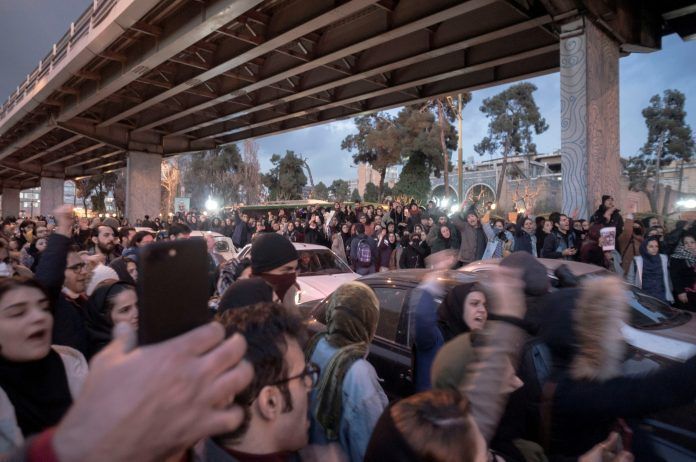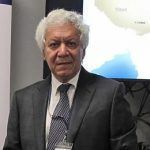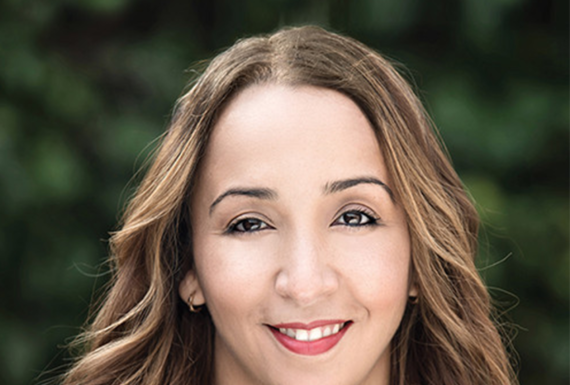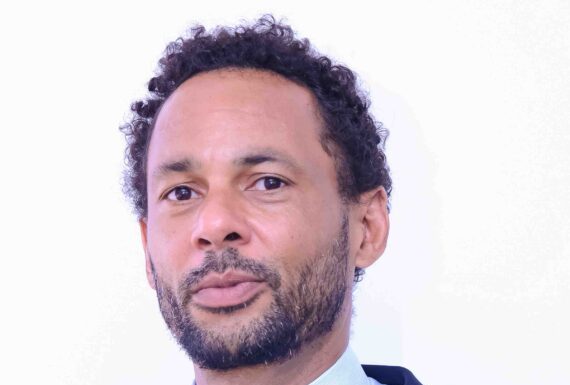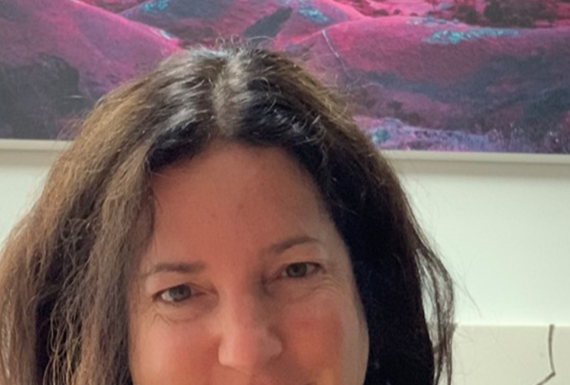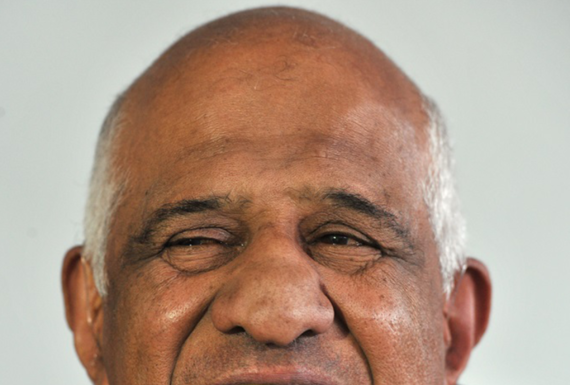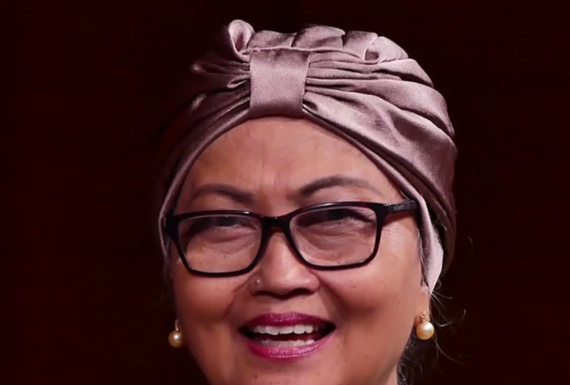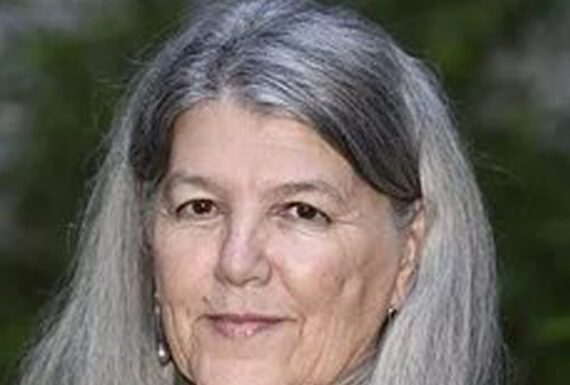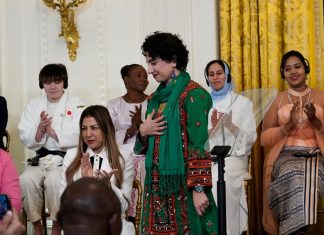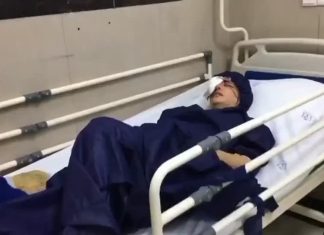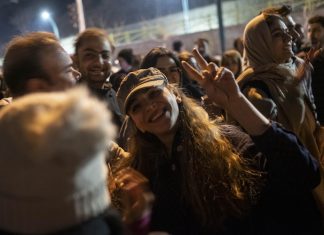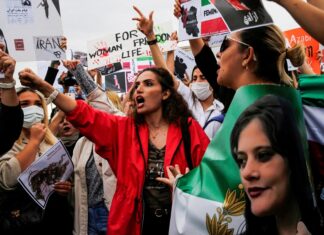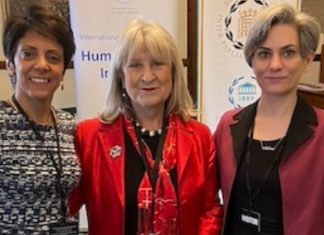By Ahmad Rafat
Two years ago, protests broke out in Iran against the government’s massive fuel price hike. The protests quickly turned into a violent nationwide movement against the Islamic Republic, resulting in many deaths, scores of injuries, and arrests.
A year later, several international human rights organizations — including Justice for Iran (based in London), Iran Human Rights (based in Oslo, Norway), and Ensemble Contre La Peine de Mort (based in Paris, France) — announced the establishment of the Aban Tribunal to investigate possible crimes committed by Iranian officials, security forces and anti riot police during the November 2019 unrest.
To mark the anniversary of the deadly protests, the Aban Tribunal is now holding an open court (Nov. 10 to 15) at Church House in London that will hear testimonies from dozens of witnesses demonstrating Islamic Republic officials’ direct involvement in crimes committed in November 2019. The Aban Tribunal prosecution team includes two lawyers, Hamid Sabi and Regina Paulose.
The following is a video released by the Aban Tribunal in November 2020:
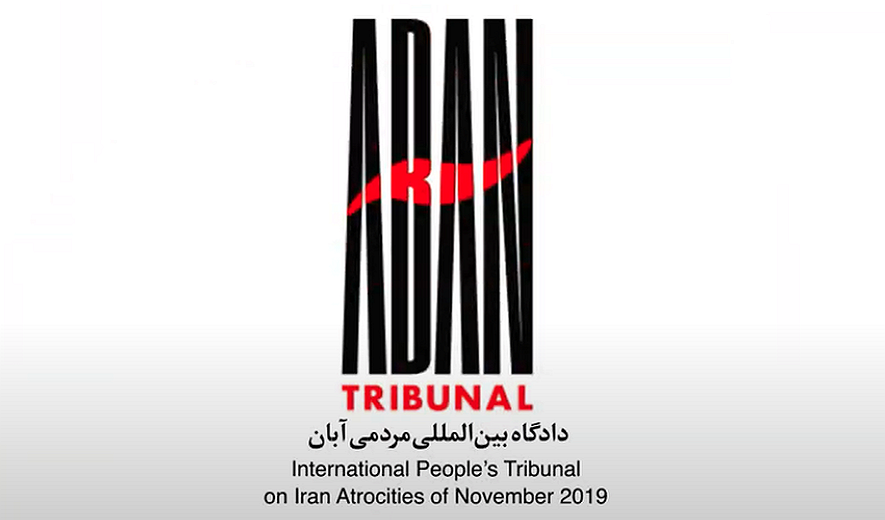
The Aban Tribunal is the second international open trial on alleged crimes committed by agents and officials of the Islamic Republic. The Iran Tribunal was held in 2012 on the initiative of “Mothers of Khavaran,” a group of mothers seeking justice for loved ones who perished in mass executions in the 1980s.
In the first week of the November 2019 protests, Iranian authorities shut down the internet and tried to end the unrest using repressive measures, which included security forces and riot police brutalizing people and firing live bullets into the crowd.
After months of silence, Iranian officials finally said that between 225 and 230 people had died. Media and international human rights organizations believe that the figure was much higher. According to the Reuters news agency, 1,500 people died during the unrest.
The Aban Tribunal has indicted 133 institutions and officials of the Islamic Republic on charges of “crimes against humanity” and “gross violations of human rights.” It has allowed the accused to provide the court with evidence in their own defense.
Based on eyewitness testimonies, senior state officials were directly responsible for the violent repression of the nationwide protest in November 2019. They included Iran’s Supreme Leader Ayatollah Ali Khamenei, former President Hassan Rouhani, current President Ebrahim Raisi (who was the head of the Judiciary), the Chairperson of the Supreme National Security Council Rear Admiral Upper Half Ali Shamkhani, and other government, judicial, security and military officials.
SPECIAL REPORT- Iran’s Leader Ordered Crackdown on Unrest: “Do Whatever It Takes to End It”
Speaking to Kayhan Life, Hamid Sabi said: “The time has come for Islamic Republic officials who had a role in the killings to lose their immunity. This court aims to hasten that process.”
“To date, we have compiled hundreds of documents and gathered many testimonies which show that these crimes were part of a systematic policy and plan to oppress people, which included crimes against humanity, extrajudicial killings, executions, torture, rape, and prisoners’ abuse,” Mr. Sabi added.
Highlighting the role and function of the tribunal, Sabi said: “A report by the Iran Tribunal’s fact-finding commission [based in the Hague] was among the documents which led to the arrest of Mr. Hamid Nouri, who is currently on trial in Stockholm [Sweden] for his alleged role in the torture and killings of political prisoners in the 1980s.”
“Like the Iran Tribunal, the Aban Tribunal will play a bigger role than just informing the public,” Sabi explained. “It will lay the groundwork for a criminal prosecution by meticulously compiling, documenting, and presenting the evidence on the crimes committed by the regime in November 2019.”
The presiding judges at the Aban Tribunal include:
- Elham Saudi, the founder and director of Lawyers for Justice in Libya;
- Wayne Jordash, an international lawyer and a former member of the International Criminal Tribunal for the former Yugoslavia (ICTY);
-
Carla Ferstman, a law professor at the University of Essex School of Law;
-
Zak Yacoob, a former member of the South Africa Constitutional Court;
-
Nursyahbani Katjasungkana, the Indonesian prosecutor of the Women’s International War Crimes Tribunal on Japan’s Military Sexual Slavery;
-
Colleen Rohan, a former member of the ICTY.
The panel of judges will issue its verdict in early 2022. The tribunal has invited the accused to appear in person at the trial and give evidence. No defendant has responded to the court, and it is doubtful that any will be present at the trial.

